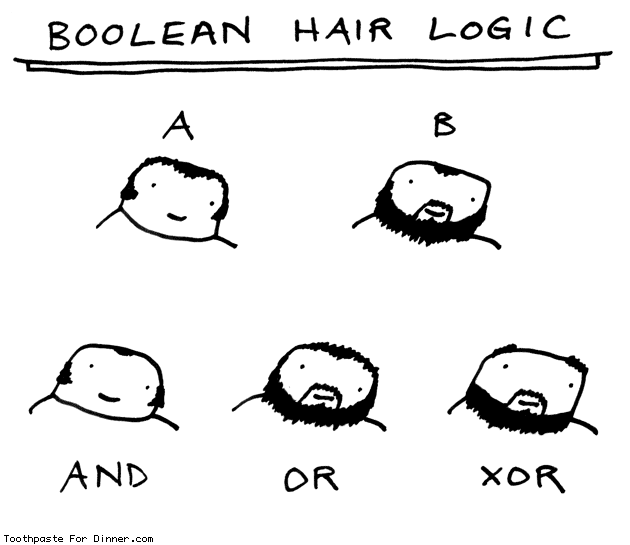Last week I finished my solo teaching sessions. I feel that these two were by far my best classes. I felt like I was in control of the sessions and that I was not just trying to squeak by with the basic information. The first session had a professor who gave them extra credit but did not require them to turn in their activity sheets, so I was able to keep them and analyze the answers to inform my teaching. I figure out where I was weak in explanation (differentiating between Google and SCOUT), and where they were easily answering questions (Ask-A-Librarian and locations in the library where you can ask for help). Having that bit of in-between time to improve quickly was very helpful for my second, and last, session. The professor even thanked me for my attention to detail in the group work time. I was able to speak briefly with the professor during and after class, and have a real conversation with him. I feel this was helpful because it gave me an opportunity to meet someone new, but also it gave me practice on creating connections with non-library people. Any opportunity to extol the virtues of libraries is time well spent?
Through the teaching part of this internship, I feel that I have learned many things. I have improved in several ways with teaching. I feel that I have improved how I speak and how I explain concepts. I have learned that explaining things means I must break them down into smaller chunks of information than I assumed. I feel that I am more aware of communication and how essential is to communicate fully and clearly. I have also learned many things I did not anticipate learning about. I learned how to promote the library in many ways. I learned how to be more convincing. It can be difficult sometimes to make students care about the library, but having a genuine enthusiasm for librarianship translates to a student. I also learned how to be more flexible in various situations. In a few of my sessions SCOUT went a bit crazy, but I was able to save the moment and problem solve quickly.
Next up, I am finishing up the tutorials with Lizzie. We are in the process of creating them now. I look forward to seeing the final product of what we have been planning.
